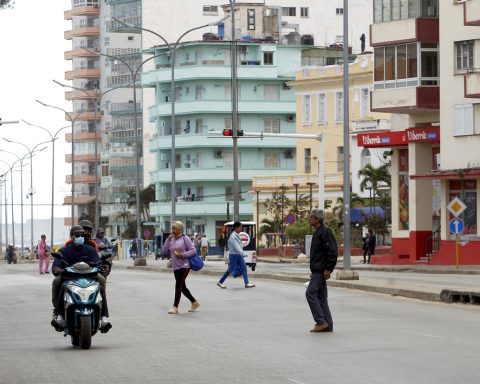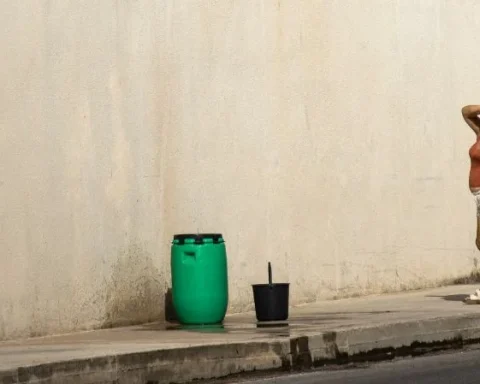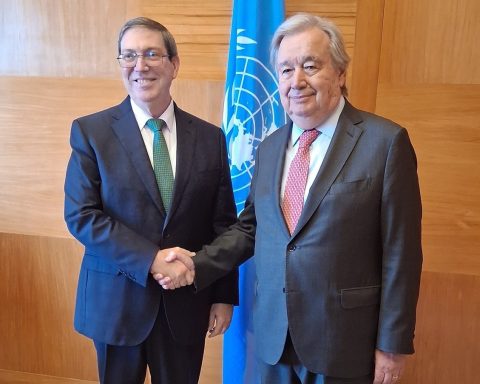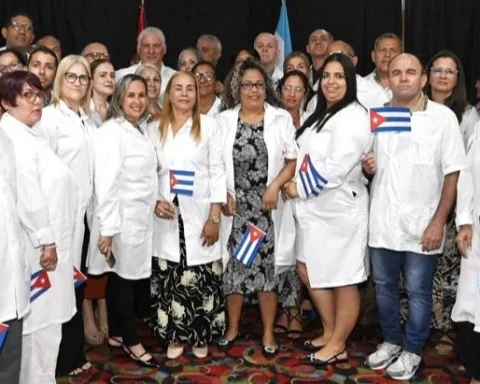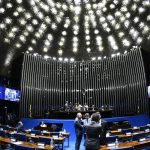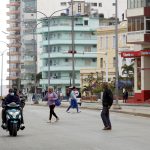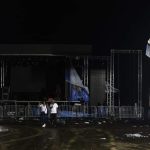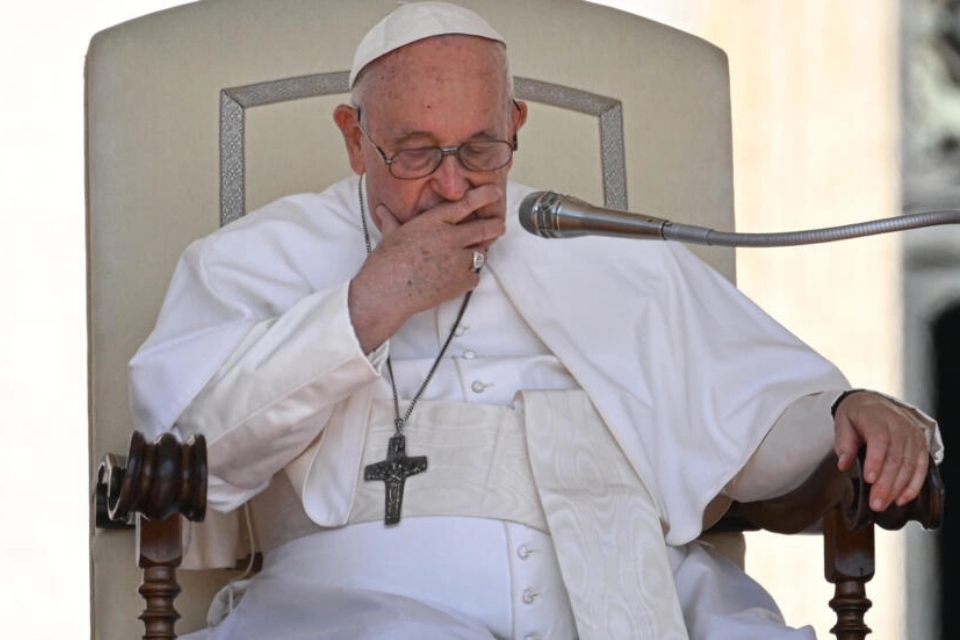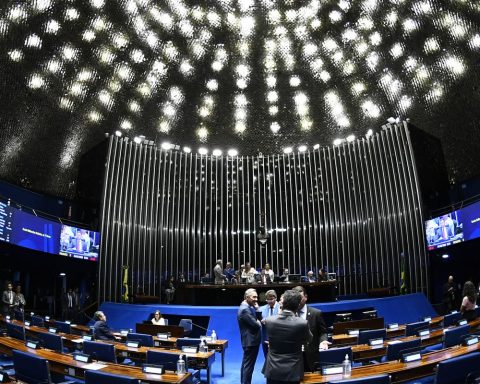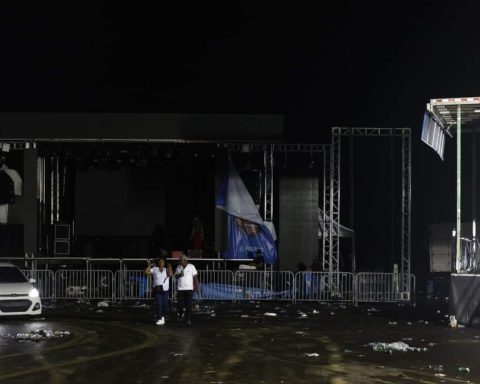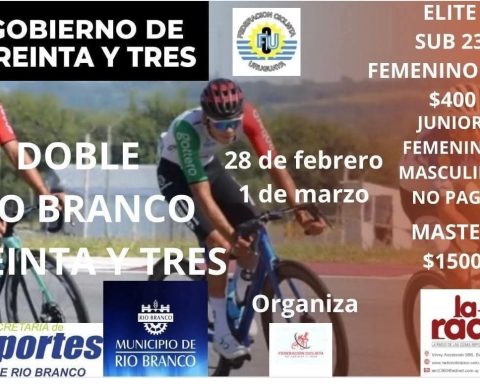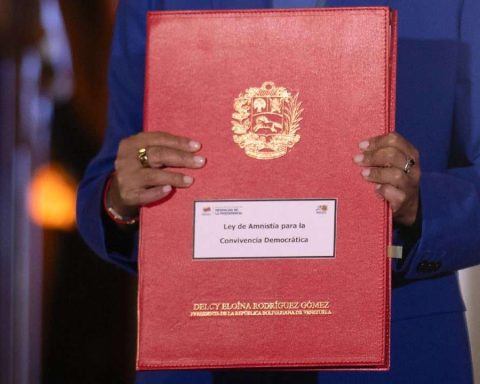Havana Cuba. – “They have money”, someone comments while he points to an obese old man who drives an electric motor. In addition, he provides other “information” in his conversation with his friends about why this man enjoys good “financial solvency”, to the point of being considered, along with his relatives, as “the rich in the neighborhood”. “See if there’s money there,” he says, “that they have splits in the rooms and one of those big two-door refrigerators. There everything is from shopping”.
I heard another similar comment these days from a man on the street while he was talking about his “rich” neighbor, describing the benefits of that “fortune” in the possession of a Soviet-era Lada car, to which he had installed automatic windows, air conditioning, led lights and an audio system that turned the old cart into a rolling disco at full volume.
In addition, according to what I heard, this “nouveau riche”, despite being an elderly adult, continued to live in his parents’ house, a small interior apartment in Centro Habana where everything was equally shopping and where the wife earns a living painting nails and putting keratin, with which “she makes a lot of money, so much that they don’t even take bread from the notebook. Those people are rich”, commented who, in the midst of so much misery and evidently hit by it like the majority of Cuban men and women, considers drinking a canned soda a “luxury”.
“That guy’s son doesn’t have a soda Zuco [marca de refresco instantáneo] to school, his is always bread with ham from the shopping and canned soda. oh! and to clean yourself, wet wipes!”, he added while transmitting the astonishment and admiration to those who listened to him, at the same time that they returned similar anecdotes about other neighbors whose “fortunes” or “high purchasing power” consist of having what they anywhere in the world, except in Cuba, it is available to anyone who receives a salary.
Thus, a few days ago I could also hear a woman pointing out to another her “financial comfort” in the fact that toilet paper was not lacking in her house, a basic necessity item that in many homes on the Island has become a real luxury, as the price of a roll, when it is found in the informal market or in a MSMEexceeds 100 pesos, that is, close to five percent of a retiree’s pension.
And buying what we need in a MSME, and not exclusively in the state warehouse, is very similar to the luxury that until a few years ago meant for many Cubans without access to foreign currency to go shopping at a TRD (Tienda Recaudadora de Divisas, currently in ruins due to chronic shortages) or these days to a store in MLC, while the prices of the products, in the latter as in the MSMEs, are too high for the pocket of any honest worker or professional.
Almost no one who decides to live exclusively from what they obtain in a strictly legal way from their work in a state company, that is, close to 90 percent of the Cuban labor force, could buy regularly in these places, and there is even a majority who perceive salaries below the average salary (of 3,838 Cuban pesos per month, that is, less than 20 dollars at the current street rate) or with the minimum salary (of 2,100 Cuban pesos) can aspire to buy sometime in a store in MLC or in a MSME where a liter of oil costs between 800 and 1,000 pesos, and a kilo of rice, between 400 and 500 pesos.
Only under this debacle of abusive prices and wages, of economic “reforms” that every day, unpopular and counterproductive, seem more like self-protection measures of a regime that is faltering, is that anyone who has just a little more than the neighbor (or a little less poverty) is seen as “new rich” in these neighborhoods where misery makes us so similar, even when we think not, that is, buying an electric motor or cleaning ourselves with toilet paper sets us apart from a crowd turned into “mass” for decades.
Both the person who, in the middle of a blackout, turns on his power plant and goes out to the sidewalk to gleefully observe his neighbors in the dark, thinks in a miserable way, as well as the person who comes to think that having a small generator or a rechargeable flashlight, even a kerosene lantern (fuel more wasted and expensive than gasoline these days) is “a thing for the rich.”
But to that point of confusion (and even confrontation and rivalries between the poor) they have led us, and very purposely, that we lose perspective and cannot differentiate what it really is to be rich or not, especially when there is a truly rich elite in power (or associated and connected to it, even by blood ties) to which it is convenient for us to remain distracted in our poor neighborhoods, looking with admiration or suspicion towards where we cause them the least trouble, that is, towards those who we imagine “rich” out of confusion, because they manage to appear “fortunate” in this hostile political-economic environment, but almost always thanks to a remittance or an “invention”.
Misery is so great in our environment, no matter where in the city we live, that moving around in a motorcycle, carrying with us a shopping bag with some merchandise that is not what the regime regulates by the “supply notebook” (ration card), is already taken by many as a clear sign of “fortune”, for which it grants those who do it a certain “prominent” social status among their “peers” in the neighborhood.
However, there are other “new rich”, the truly rich, not among us down here but up there, heirs of those “old rich”, some already deceased, who made us believe that we are all equal and that being poor is a value in the “new society” that they promised to build.
Those who travel on yachts through the Mediterranean and fly in private planes to Panama, Madrid, London and even Miami, who marry only foreign businessmen, who smoke Havana cigars with politicians from Europe and Washington, or who have them in their circle of close friends; those who don’t move ridiculously in children’s motorcycles as if they were a Lamborghini and who have never lacked toilet paper. Those, who have never been our “rich” neighbors, are the true “continuity”, the rest are just circus and distraction.
OPINION ARTICLE
The opinions expressed in this article are the sole responsibility of the person who issues them and do not necessarily represent the opinion of CubaNet.
